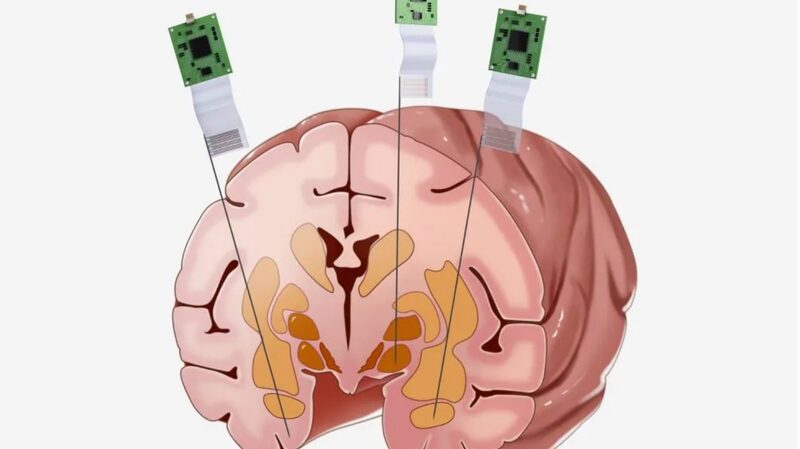Did you know that a single traumatic event can have long-lasting effects on the brain? 🌪️ Israeli researchers at the University of Haifa have made groundbreaking discoveries on how trauma changes the brains of mice, leading them to perceive harmless stimuli as threats. 🐭🔍 These findings, published in Nature Communications, could pave the way for better diagnosis and innovative treatments for trauma-related disorders. 💡🧬
In their study, scientists exposed male mice to a shock and later observed their reactions to stimuli that were previously non-threatening. The traumatized mice were quick to escape, displaying heightened fear responses even long after the initial shock. 😨🚀
Using cutting-edge light control of neurons, the researchers traced these changes to a specific group in the superior colliculus (SC) – a crucial brain region responsible for managing escape behaviors. 🌟🧠 They discovered that neurons in the medial prefrontal cortex (mPFC) send signals to the SC, initiating escape when a threat is perceived. After trauma, these mPFC neurons became more likely to trigger an earlier escape, reinforcing the fear response. 🔄⚡
Interestingly, activating this neural system in non-traumatized mice was enough to provoke a safety response, highlighting the vital role of these neurons in trauma-induced behavior. 🧩🔬 These insights could lead to new techniques for repairing and reversing the brain's response to traumatic events, offering hope for those affected by trauma. 🌈✨
Reference(s):
cgtn.com







